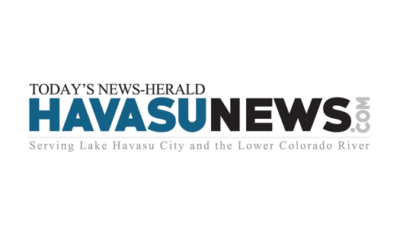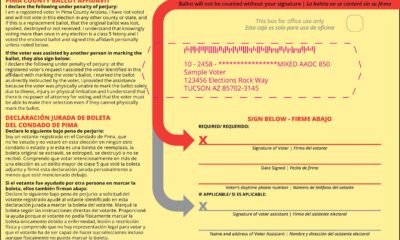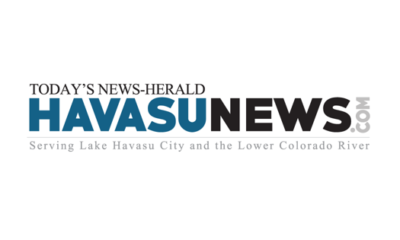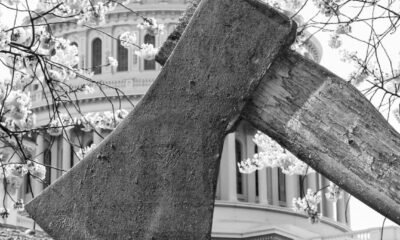Business
Election Doubters Launch Ads Pressuring Officials to Bypass Result Certification

This story was originally published by ProPublica.
A recent email sent to subscribers of the Wisconsin Law Journal has sparked controversy, drawing attention to its call for legal professionals to “Uphold Election Integrity.” The correspondence paints a picture of the election process that suggests certifying results is optional, a notion that has been dismissed by courts for over a century.
The email, adorned with the journal’s logo, was marketed as an official communication but was actually an advertisement for Follow the Law, a new organization with significant links to activists challenging the legitimacy of U.S. elections. This group has made waves by placing ads in legal publications in states like Pennsylvania and Wisconsin, targeting attorneys and judges who could potentially influence election disputes.
In Georgia, Follow the Law previously supported a controversial rule change from the State Election Board, which allowed local board members to disregard certain votes. This move, backed by former President Donald Trump, raised alarms among election experts, who labeled it unconstitutional. Courts later struck this rule down, reaffirming the legitimacy of certifying election results.
Critics have highlighted inaccurate claims made by Follow the Law regarding election certification processes, warning that those relying on the group’s provided resources are misinformed. “Anyone relying on that website is being deceived,” stated Georgia’s Secretary of State’s public information officer.
Certification is a necessary process following the counting of votes and occurs under tight deadlines. This ensures that results can be aggregated appropriately at both state and federal levels. Failing to adhere to these deadlines can lead to legal complications, including court orders for compliance. Experts warn that deviations can create chaos, undermining a smooth transition of power.
Sarah Gonski, an Arizona elections attorney, criticized the organization’s messaging as misleading. “This is political propaganda dressed in a legal costume,” she contended.
Follow the Law represents a broader effort by Trump-aligned groups to exploit electoral mechanics, potentially affecting tight elections. Since 2020, numerous Republican election board members have attempted, often unsuccessfully, to resist certifying results, facing pressure from legal systems. Concerns persist about the potential for more officials to refuse certification in the upcoming 2024 election if shaped by similar tactics.
The organization, led by conservative activist Melody Clarke, claims to advocate for free and fair elections. Clarke, following her tenure at Election Integrity Network, has joined forces with the Election Transparency Initiative, which aims to influence election oversight ahead of the November contest.
While Follow the Law admits its funding comes from the American Principles Project Foundation, questions linger about its transparency and the connections to financial backers like Richard Uihlein, known for supporting far-right candidates.
Despite recent court rulings declaring certain certification powers unconstitutional, Follow the Law’s messaging continues to assert expansive duties for election officials, ignoring legal precedents. For instance, the organization’s materials insist that officials must conduct thorough investigations before certification, contradicting state laws that designate their role primarily as ballot counters.
State officials across multiple jurisdictions have rebuffed the exaggerations made by Follow the Law, asserting that their responsibilities are defined strictly by statute. Edgar Lin, a Wisconsin attorney, emphasized that while election officials verify basic numerical accuracy, they do not delve into vote legitimacy investigations.
In a related controversy, a poll cited by Follow the Law has come under fire for misattribution. The poll, claimed to be executed by Rasmussen Reports, was conducted by Scott Rasmussen, who has not been affiliated with the firm for years. This has further fueled skepticism over the group’s credibility.
Calls for clearer directives from state officials regarding their obligation to certify elections are mounting, as each refusal heightens the risk of empowering election denial narratives.
This story was co-published with Wisconsin Watch.


















